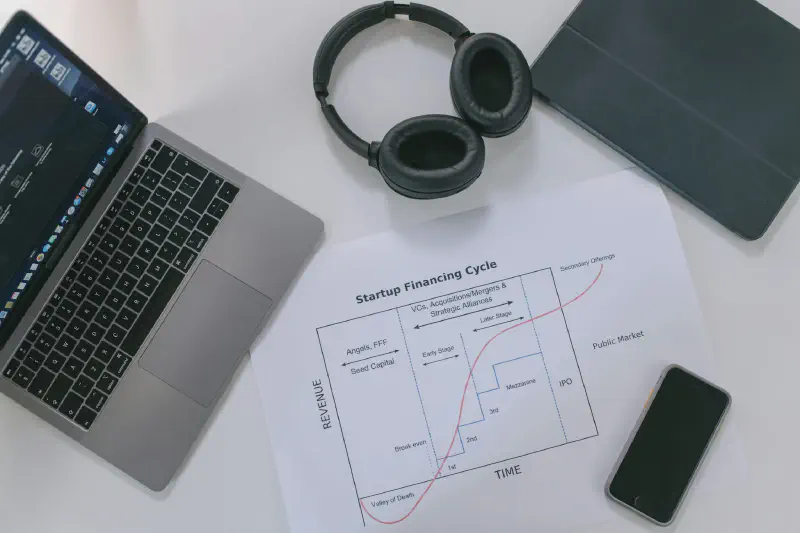In 2012, I spent one-tenth of my monthly income on a Philips desk lamp, which served me well until around 2020 when my wife replaced it with a so-called “smart” children’s lamp that cost 500 yuan. This “smart” lamp frequently suffered from touch malfunctions—no matter how I tried to touch the switch, it only responded once or twice out of ten attempts. Often, I couldn’t turn it off and had to unplug it. Recently, the lamp’s touch function completely failed.
Since moving my blog entirely to Hugo, I have mostly hosted it on free platforms like Github Pages, Vercel, and Cloudflare Pages. However, due to well-known reasons, the connection speed of these platforms is noticeably slower compared to domestic servers. Although it’s possible to accelerate access by optimizing IPs, the average access time across the country still exceeds 700ms, and during peak hours at night, it can easily surpass 1 second. Recently, I purchased a budget Alibaba Cloud server from parent company Claw.cloud for $7 a year, located in Tokyo, Japan. It seemed perfect for Hugo, so I migrated my blog there.
Recently, I came across an article online that, while not exactly news, has resurfaced for discussion. The original article, titled New Huawei Headquarters. Copyright Infringement Dispute, was written by a Canadian art and design company. The main contention is that they believe the glass dome design of Huawei’s office building infringes on their copyright.
On the last day of 2024, the Supreme People’s Court issued an urgent notice (Fa Ming Chuan [2024] No. 173), requiring courts nationwide to fully implement the new elemental indictment and defense statement templates starting from January 1, 2025. This announcement has caused quite a stir, sparking widespread discussion within the legal community.
Last month, the Shanghai High Court released an interesting case. A car owner, after an accident with their electric vehicle, chose a regular auto repair shop due to the high cost and long wait time for factory repairs. The two brothers running the repair shop discovered that the vehicle’s battery management system had automatically locked the battery output power after the accident. They unlocked it by modifying the software data of the battery management system. Later, they attracted another customer online and performed the same unlocking service on another vehicle. In total, they charged 5,000 yuan for the repairs. As a result, the two brothers were sentenced by the Jiading District Court in Shanghai for the crime of damaging computer information systems.
Over the past decade, my blog has gone through several domain changes, each reflecting different stages of my learning, work, and life. As of 2025, I realized that the previously used hyruo.com no longer suited my needs. After a long search, I finally found a satisfactory new domain — lawtee.com. I believe this will be the last domain change for a long time. Since changing a domain is a significant move that requires a series of accompanying updates, I apologize to all my readers for any inconvenience! I may need to bother you all a bit more in the future!
My hometown, Heye Town, is one of the birthplaces of the Chinese feminist movement. Among the eight most outstanding feminist fighters in the century-long history of China’s feminist movement, four came from this small town. Including other associated feminist pioneers, the total number of renowned feminists emerging from our small town likely exceeds ten. Through long-term exposure, I have gained a general understanding of the stories behind these feminist fighters. However, as I mentioned in my previous article What Are Online Historical Controversies Really About?, historical figures are often evaluated differently at various stages, especially these feminist fighters. Some people tend to embellish their stories, pitting their achievements against the men around them to highlight their greatness. But upon closer examination, I found that even without creating such opposition or maliciously demeaning one side, their status would not be diminished—it’s just that the story might not be as dramatic.
I have two Netgear R6300V2 routers at home, both of which have been in use for over 10 years. Originally, one was placed at my mom’s place, but later, due to concerns about my child frequently going there to watch TV, I canceled the broadband service, leaving me with an extra router sitting idle. For some reason, I had been thinking about replacing the router a few days ago, but then I stumbled upon someone online mentioning that this “microwave router” from Netgear could be flashed with a newer version of Openwrt. So, on this New Year’s Eve, I decided to give it a try.
As 2024 comes to a close, I’d like to briefly summarize 10 noteworthy events from this year. While none of these are particularly monumental, they may have some impact on the future, whether big or small.
Recently, I came across a research report on HN about the plastic components in common foods in the Bay Area. The original article is available at Plastic Report, and the website’s homepage lists hundreds of food test data, which I found to be of significant importance for daily life.
Total Posts: 371, Total Words: 516882.









